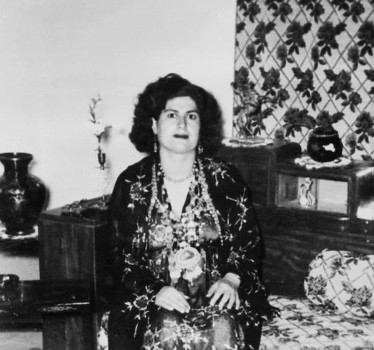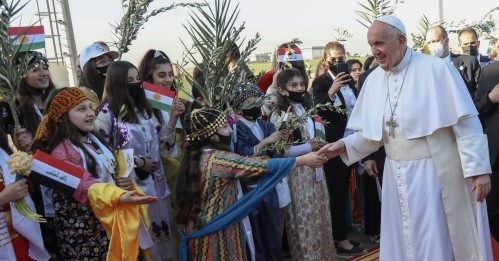The tapestry of Kurdish history and culture is as intricate as it is ancient, a rich and vibrant narrative that spans millennia yet remains overshadowed in global academia. Despite their profound influence on the cultural and political landscapes of the Middle East, the Kurds and their heritage are conspicuously underrepresented in scholarly discourse. This glaring omission prompts a critical question: why, despite their historical significance and contemporary struggles, are the Kurds relegated to the margins of academic inquiry?
Meanwhile, over the past decade, the Kurdish issue has once again surged to the forefront of regional political discourse, coinciding with a period of intense turmoil and conflict in the Middle East. Kurdish nationalism, a potent force throughout the latter half of the 20th century, has repeatedly galvanized and unified Kurdish populations across Iraq, Iran, Syria, and Turkey. Yet, the aspirations of the Kurdish people have been consistently perceived as a threat by the states in which they reside, a threat not only to national security, but also to the delicate balance of regional stability.
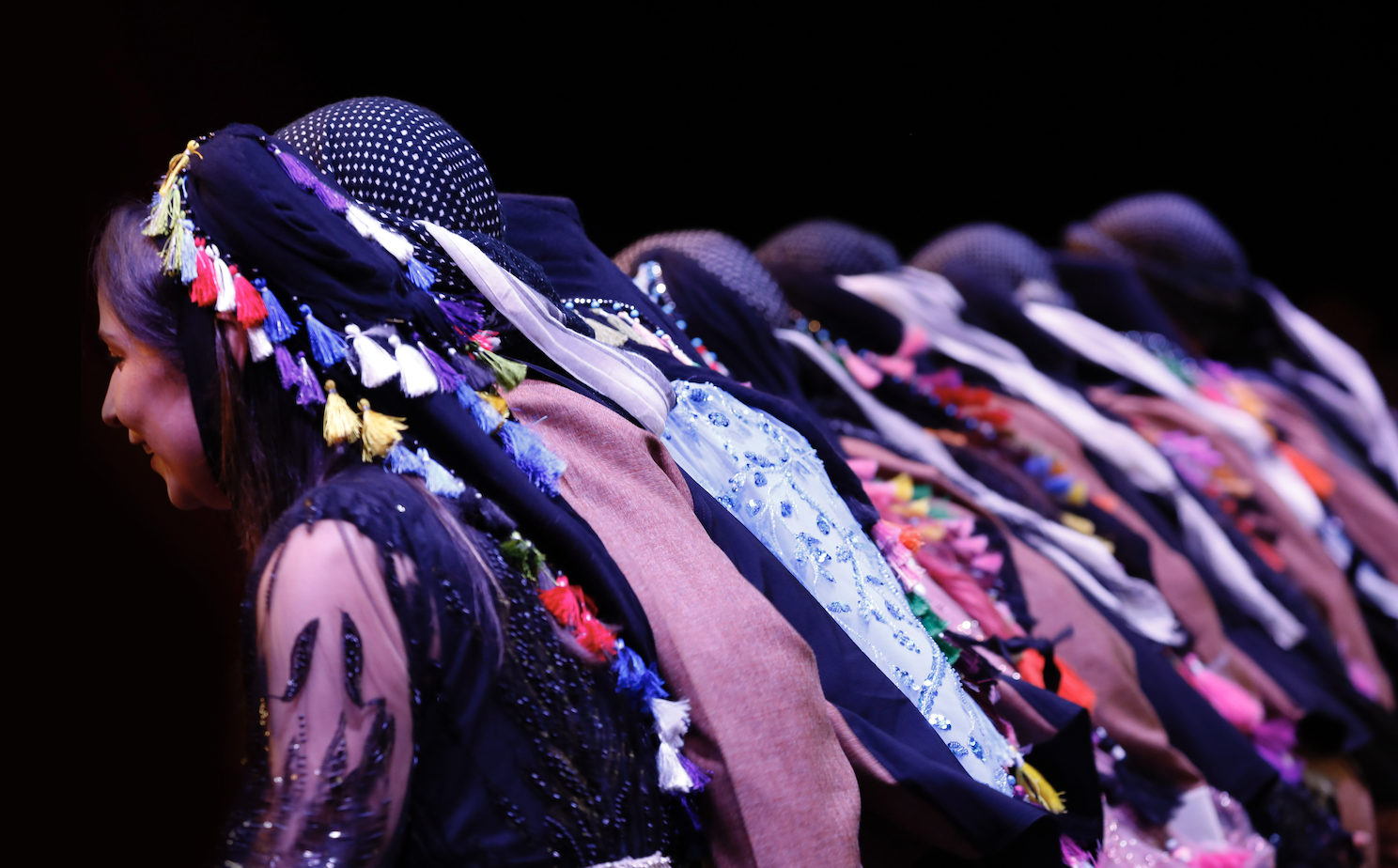
Amid these challenges, Kurdish language, literature, and art have undergone a renaissance in recent decades. Kurdish writers and artists have made significant strides in contributing to the global cultural dialogue with their unique voices and perspectives. This resurgence, particularly noticeable in the innovative works emerging from Southern Kurdistan (the Kurdistan Region of Iraq), underscores the talent and creativity of Kurdish individuals who continue to enrich the global cultural landscape.
However, their contributions are often overshadowed, with their voices muffled by the mainstream narratives that dominate international discourse. This silence is not merely a coincidence; it reflects a broader reluctance – or perhaps a deliberate refusal – to engage with the story of a nation that has long been viewed through a lens of political expediency rather than human dignity.
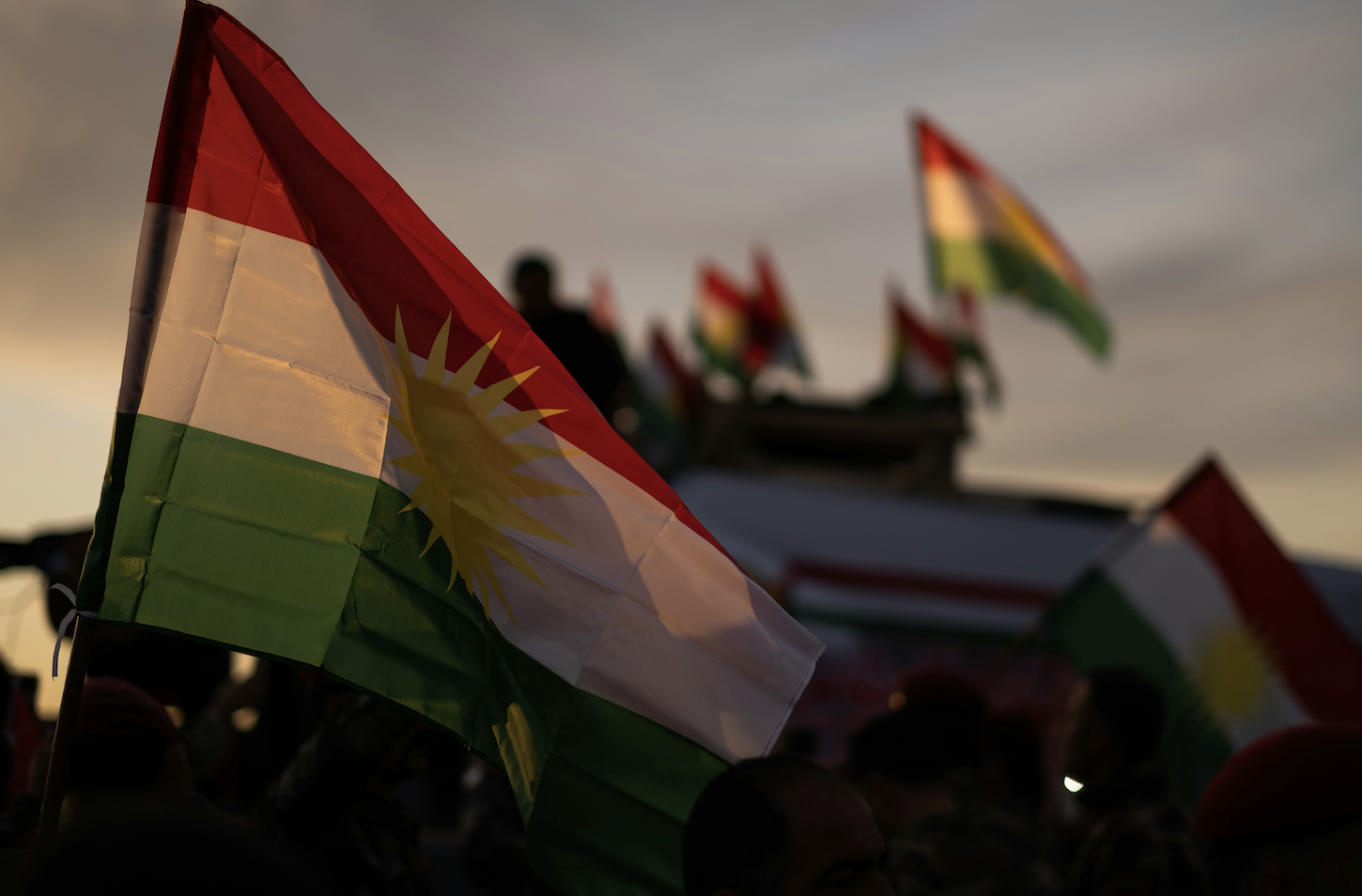
A comprehensive, multidisciplinary approach
The current generation of Kurds, especially those in Southern Kurdistan, is making commendable efforts to assert their place within the global community. Their endeavors span politics, culture, and academia, demonstrating a steadfast commitment to ensuring that the Kurdish voice is heard on the world stage. This new era of Kurdish political activism, marked by the consolidation of Kurdish autonomy in Iraq, has empowered the Kurds to influence regional political developments, forge stronger alliances with international powers operating in the region, and navigate the complex geopolitical landscape of the Middle East with increasing confidence and assertiveness.
Yet, despite these significant political and cultural advancements, the academic study of the Kurds remains woefully inadequate. The Kurdish issue, a complex transnational matter with deep roots, is often dismissed or superficially treated in the halls of universities worldwide. The few studies that do exist tend to be fragmented, failing to capture the full breadth and depth of the Kurdish experience. What is needed is a comprehensive, multidisciplinary approach that integrates historical, social, political, economic, and cultural analyses to provide a holistic view of the Kurds and Kurdistan from the Middle Ages to the present.
Such an approach would enable scholars to explore the intricate web of forces that have shaped Kurdish society and culture over the centuries. It would offer a platform for innovative and critical perspectives, challenging the conventional narratives that have long dominated discussions about the Middle East. In doing so, it would elevate the Kurdish story from the margins to its rightful place at the center of historical and cultural discourse.
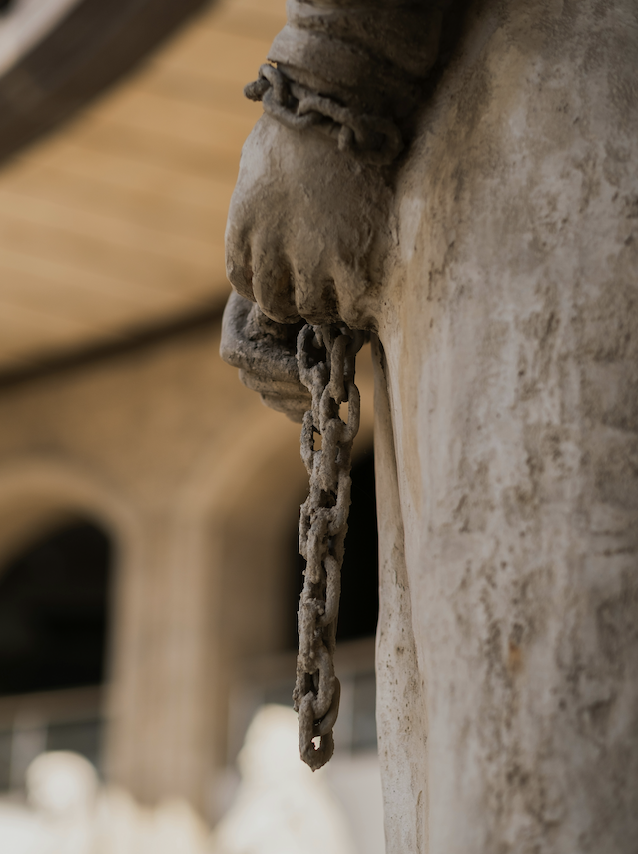
The Kurds are a nation that forms the backbone of the Middle East, with a history as ancient and storied as any in the region. Yet, their culture and language have been repeatedly suppressed, their aspirations for self-determination thwarted by dominant and occupying regimes. The price they have paid for their perseverance is steep: oppression, displacement, genocide. These are not mere footnotes in the annals of history; they are central chapters that demand serious scholarly attention.
It is incumbent upon the academic community to rectify this oversight. The history of the Kurds – a history of resilience in the face of unimaginable adversity – must be studied with the rigor and respect it deserves. Books must be written, courses must be taught, and discussions must be had about the Kurdish experience. Only then can we begin to do justice to a people who have endured so much in their quest for survival and self-expression.
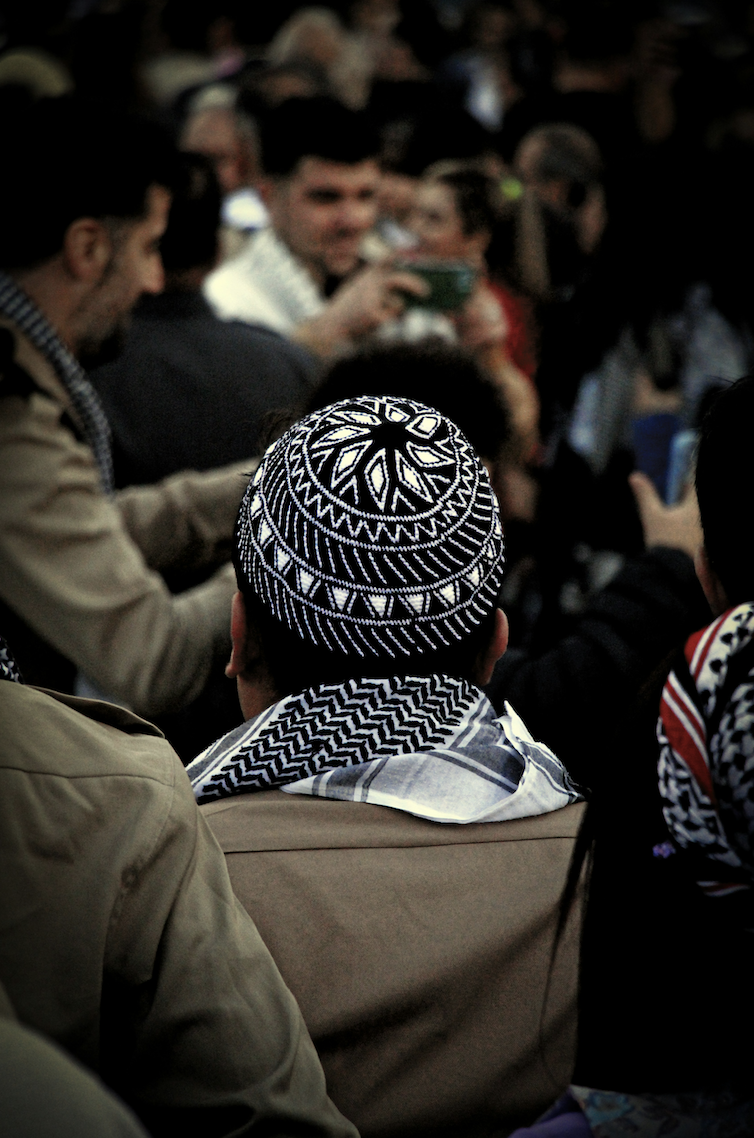
An open invitation
The world’s universities and writers bear a significant responsibility in acknowledging and addressing the historical and cultural narratives of the Kurdish people. To continue ignoring or marginalizing these stories is not only a disservice to the Kurds but to the broader understanding of human history. It is time for the global academic community to listen to the voice of Kurdistan, study it, and amplify it for future generations.
But to truly understand Kurdistan, one must step into the land itself, to witness its unique beauty as a landscape that flourishes alongside its people. From the towering peaks of the Zagros Mountains to the fertile plains, Kurdistan is a breathtaking contrast of rugged wilderness and vibrant life. This natural beauty is mirrored in the Kurdish people, whose resilience and spirit thrive amid adversity.
We extend an open invitation to all scholars, writers, and journalists: come to Kurdistan. Walk through its valleys, meet its people, and experience its culture. Write, research, and document the stories that have for too long been overlooked. Kurdistan, with its rich history, thriving art, and unparalleled hospitality, awaits you. Let the world finally hear the voice of the Kurds, spoken in their own land.
Miran Abraham is a well-known Kurdish novelist and director of Shanidar Publishing House.
